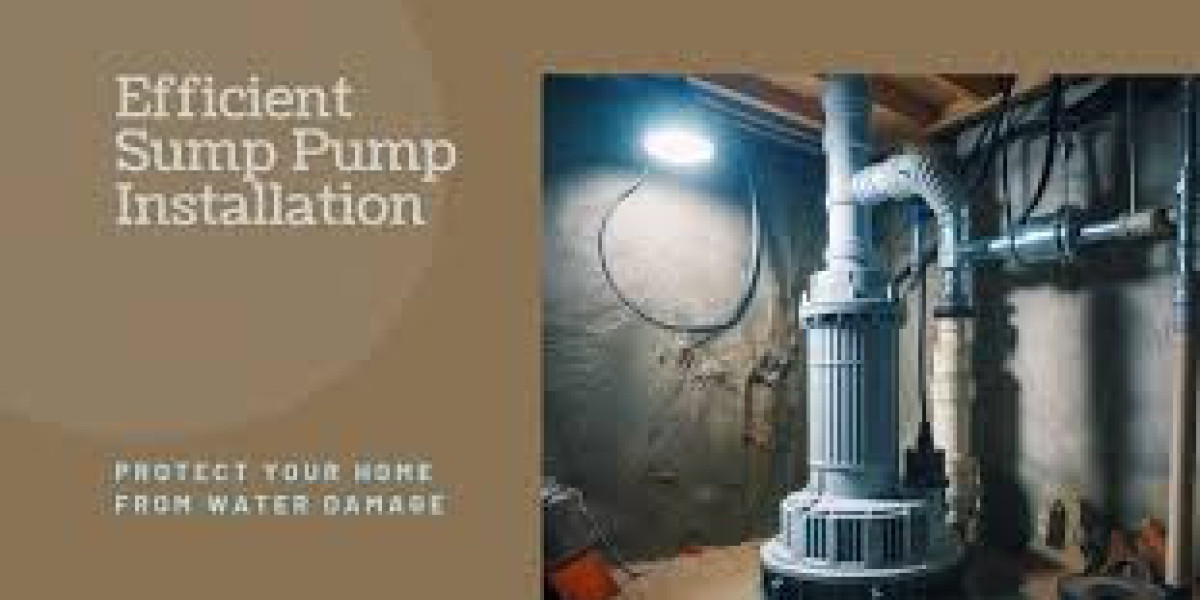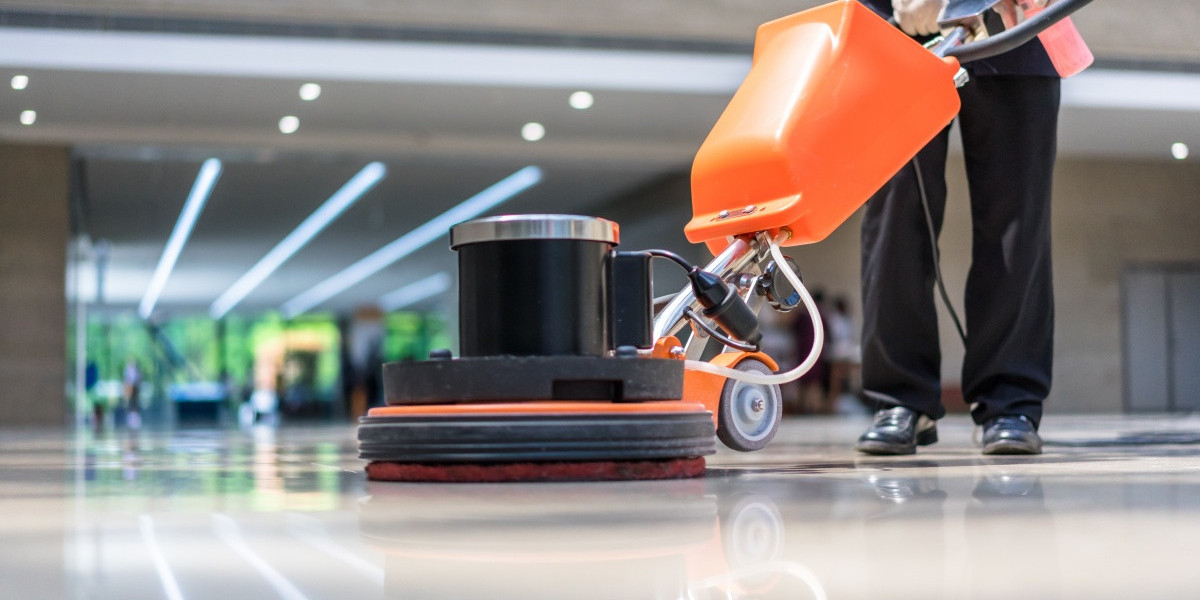Gas pipe repair is a critical service for homeowners and businesses alike, playing an essential role in maintaining safety and ensuring the efficient operation of gas appliances. Whether you are facing minor leaks, corrosion, or complete pipe failures, understanding the nuances of gas pipe repair can save you from costly repairs and potentially hazardous situations. This guide delves into everything you need to know about gas pipe repair, including common issues, signs to watch for, and why professional assistance is crucial.
Understanding Gas Pipe Systems
Gas pipes are designed to transport natural gas or propane to various appliances throughout your home, such as heaters, stoves, and water heaters. They are built to withstand high pressure and are typically made from durable materials to ensure longevity.
Types of Gas Pipes
Gas pipes come in several materials, each suitable for different applications:
Black Iron Pipes: Commonly used for natural gas, these pipes are known for their strength and durability. However, they can corrode over time, requiring periodic inspections.
Copper Pipes: These are often used for propane systems due to their flexibility and resistance to rust. Copper pipes are easy to work with and provide reliable service.
PVC and CPVC Pipes: While these are not suitable for transporting gas, they are often used for venting purposes and in some low-pressure applications.
Flexible Gas Lines: Made from corrugated stainless steel, flexible gas lines are ideal for installations in tight spaces and are easy to install.
Common Issues with Gas Pipes
Gas pipes can face various problems, and being aware of these can help you address issues before they escalate. Here are some of the most common issues associated with gas pipes:
1. Gas Leaks
Gas leaks are the most serious issue that can occur with gas pipes. A gas leak not only poses a risk of explosion but can also lead to health issues due to the inhalation of gas. If you notice a sulfur-like odor (often described as similar to rotten eggs), evacuate the area immediately and call for professional help.
2. Corrosion
Over time, especially in black iron pipes, corrosion can lead to weak spots that may eventually rupture. Regular inspections can help identify corrosion before it leads to a leak.
3. Poor Installation
Improper installation of gas pipes can result in various problems, including leaks and inefficient gas flow. Always ensure that installation is done by qualified professionals.
4. Physical Damage
Gas pipes can be damaged by external forces, such as excavation, landscaping, or severe weather. Inspecting your gas lines regularly can help catch these issues early.
Signs You Need Gas Pipe Repair
Recognizing the signs of gas pipe problems is crucial for maintaining safety. Here are some indicators that may suggest the need for gas pipe repair:
1. Unpleasant Odors
As mentioned earlier, a rotten egg smell is a clear indication of a gas leak. If you detect this odor, evacuate the premises and contact emergency services.
2. Unexplained Increases in Gas Bills
A sudden spike in your gas bill without a corresponding increase in usage could indicate a leak. Monitoring your bills regularly can help you catch issues early.
3. Hissing Sounds
If you hear hissing or whistling sounds near your gas lines, it could signal a leak. This sound typically occurs when gas escapes from a damaged pipe.
4. Dead Vegetation
If you notice patches of dead grass or plants near your gas lines, it might indicate a gas leak affecting the soil and plant life.
5. Changes in Flame Color
A healthy gas flame should be blue. If you observe yellow or orange flames, it may indicate incomplete combustion, often due to a gas supply issue.
For professional assistance with gas pipe repair, consider Kingstree Plumbing, which offers expert services to address any gas-related concerns.
The Process of Gas Pipe Repair
Gas pipe repair is a meticulous process that requires skilled professionals. Here’s a breakdown of what to expect during a typical gas pipe repair:
Step 1: Initial Inspection
The repair process begins with a thorough inspection of the gas system. A qualified technician will assess the entire gas line setup to identify any visible issues or signs of leaks.
Step 2: Leak Detection
If a leak is suspected, the technician will utilize specialized tools, such as gas detectors or pressure testing equipment, to pinpoint the source of the leak accurately.
Step 3: Shutting Off the Gas Supply
For safety, the gas supply must be turned off before any repairs commence. This is typically done at the main gas shut-off valve.
Step 4: Repairing or Replacing Pipes
Depending on the severity of the issue, the technician will either repair the damaged section of the gas line or replace it entirely. This may involve cutting out the affected section and installing new piping.
Step 5: System Testing
After repairs are made, the technician will conduct thorough testing to ensure that there are no leaks and that the system is functioning correctly. This step is crucial for your safety.
Step 6: Final Checks and Clean-Up
Once testing is complete and the system is confirmed to be safe, the technician will restore the gas supply and clean up any debris or materials from the repair process.
Why Choose Professional Gas Pipe Repair?
While some homeowners may be tempted to tackle gas pipe issues themselves, it is strongly advised to seek professional assistance. Here are some reasons why professional repair is crucial:
Safety First
Gas leaks are extremely dangerous and can lead to fires or explosions. Trained professionals have the expertise to handle these risks safely.
Compliance with Regulations
Gas installations and repairs must comply with local building codes and regulations. Professionals ensure that all work meets legal standards.
Expertise and Equipment
Professionals have access to specialized tools and possess the knowledge necessary to diagnose and fix gas pipe issues effectively.
Preventative Measures for Gas Pipe Maintenance
Taking proactive steps to maintain your gas pipes can help you avoid costly repairs in the future. Here are some key preventative measures:
1. Regular Inspections
Schedule annual inspections of your gas system to catch potential issues before they become major problems. Regular checks by a qualified technician can save you money and ensure safety.
2. Monitor Your Appliances
Pay attention to how your gas appliances are functioning. Any changes in performance should be investigated promptly.
3. Maintain Accessibility
Ensure that all gas pipes and appliances are easily accessible for inspections and repairs. Clear any obstructions that might hinder access.
4. Know Your Shut-Off Valves
Familiarize yourself with the location of your gas shut-off valves. In an emergency, knowing how to quickly turn off the gas supply can be critical.
5. Be Aware of Environmental Factors
Severe weather can impact gas lines. After storms or extreme weather, inspect your gas system for any visible damage.
When to Call a Gas Pipe Repair Professional
Certain situations warrant immediate professional intervention:
- Detection of a gas leak: If you smell gas, evacuate the area and contact emergency services.
- Unexplained spikes in gas bills: Monitor your bills for sudden increases that you cannot explain.
- Visible damage to gas lines: If you see any physical damage to your pipes or connections.
- Hissing or whistling sounds: These sounds could indicate a serious leak and require immediate attention.
Conclusion: Trust Kingstree Plumbing for Reliable Gas Pipe Repair
Gas pipe repair is an essential service that requires expertise and diligence to ensure safety and efficiency. Recognizing the signs of gas pipe issues and seeking professional help can prevent serious accidents and costly repairs.
For top-notch gas pipe repair, turn to Kingstree Plumbing. Their experienced team is ready to provide you with the highest quality service and expertise.
If you're looking for the best plumbers in Edmonton, Kingstree Plumbing offers a range of plumbing services tailored to your needs. Trust their professionalism and commitment to safety for all your gas pipe repair and plumbing requirements. Contact them today for reliable solutions!








